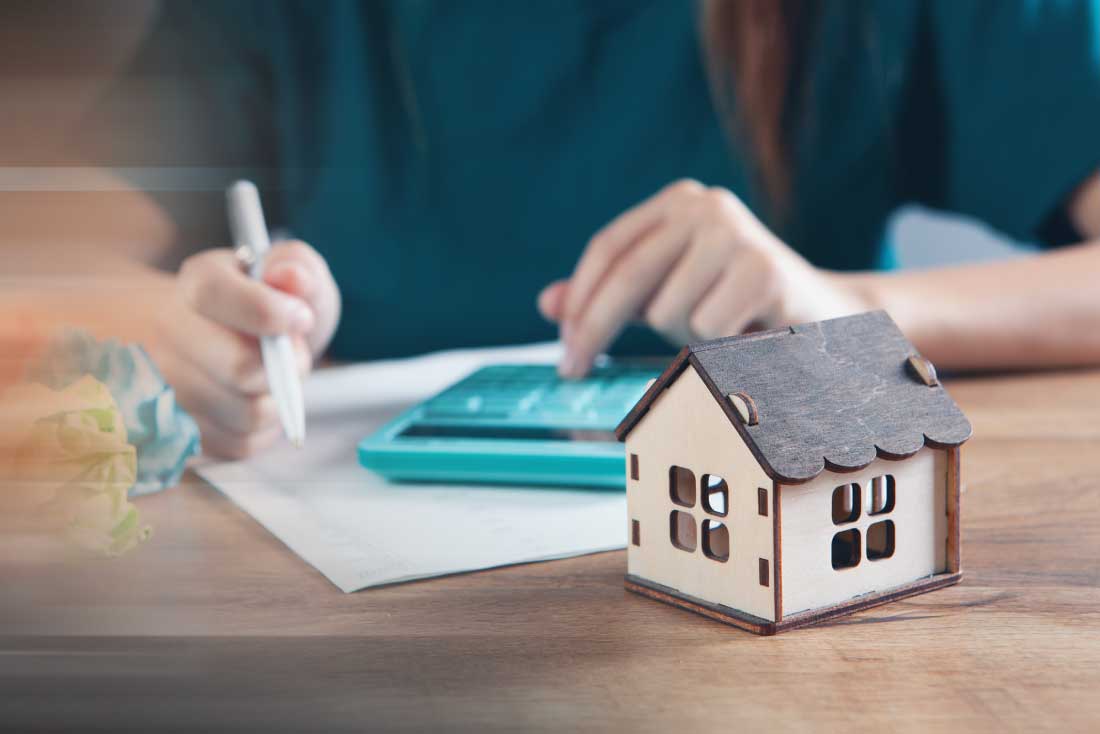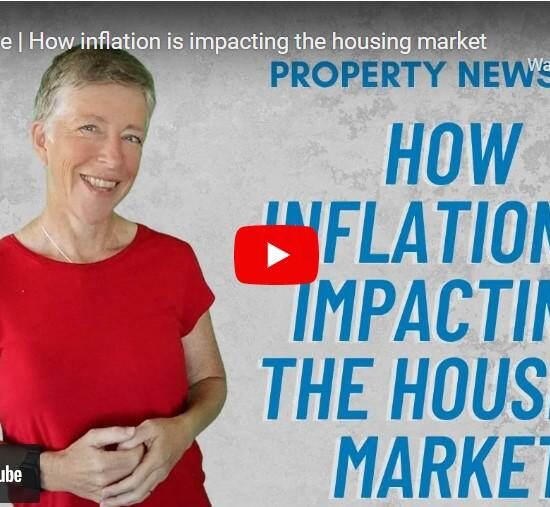
By Kate Hill, Adviseable
To actively build a property portfolio and wealth, it means unlocking the equity in existing property.
A good strategy around the use of existing equity is one of the most powerful methods employed by successful property investors today to build their property portfolio.
The critical factor in any property investment is to make sure you have the right advice and information to maximise success through the combination of capital growth and rental yield.
With this in mind, many global property have shown over the last 50 years that shrewd property investors can accumulate wealth far more quickly than if they wait until they have saved a new deposit to buy more investment properties.
You’re often playing catch up with this growing asset class when you’re trying to accumulate cash. Although that’s how most of us have to start when you don’t have property to start with.
What exactly is equity?
Basically property equity refers to the amount of money you get when you take the current market value of your home (which might not necessarily be the price you purchased it for), and minus the amount of money still owing on your home loan.
So say your home is valued at $800,000 and you still owe $300,000 on it, you’ll have $500,000 of “equity”.
Keep in mind that as the market value of your property can go up or down, so too can the equity you have in it rise and fall.
To find out how much equity you have currently, you can organise a property valuation through various banks, lenders and independent agents.
Also, your lender generally won’t take the full market value of your home – they will factor in a buffer.
Most lenders will take 80-90% of the market value of your home and then minus the full debt.
So in our example the $800K value becomes $640,000. Then take the $300K debt off leaves you with $340K equity.
Also, even if you do have equity in your home, you won’t always be able to borrow against it.
Your lender will look at additional factors, such as your age, income, other debt commitments, the property’s location and whether you have any children.
This is because all of these factors could affect how much you can afford in repayments – they call this your borrowing capacity. Have a look at my other video here.
So with all of that that in mind, if you do have equity, you’ll want to find out how much of it is ‘usable’.
How much of your equity is usable?
Let’s assume that you do have property and it’s grown in value, a good finance broker will analyse your personal situation, and can help you to free-up that existing equity, and borrow money to buy more investment properties.
Often property owners don’t realise that existing equity in their homes can help them leverage into good cash-flow investment properties in high growth areas – and this can make a massive difference in overall wealth accumulation over time.
To minimise your risk, every scenario and set of circumstances needs to be individually assessed.
But the sooner we consider whether using funds and equity to invest is appropriate, the sooner we can benefit from those investments if we make them.
How to use your usable equity?
So as we’ve seen to find out the amount of equity you have available subtract any loan balances from say 80% of the current value of your property, or investment portfolio.
There are different ways to structure getting at this equity and your finance broker can help advise you which one is best for you and what loan products your lender has available – for example, a line of credit.
This loan type gives you a pre-approved “credit” amount on unused equity – and you will then only need to pay interest on the amount you then use or draw down.
Some lenders will simply make funds available to you in a standard loan product using your existing equity as security.
A qualified finance broker can help you assess whether this is the right loan for you.
Maximise opportunities on the road to financial freedom
Of course you need to be careful not to over-capitalise or over-commit – you need to have a hawk-eye view on exactly what you can, and can’t afford – and you need as good an insight as possible into the markets you are looking to invest in.
So – for active property investors, it is worth regularly organising the re-valuation of your property/ies regularly, talking to your finance broker and dealing with the best possible qualified property adviser about your particular and unique set of circumstances.
This is what will help you maximise your opportunities on the road to financial freedom.
*The information contained in this communication is general in nature and does not take into account your personal situation.
Before acting on this information you should consider whether it is suitable to you in regard to your own circumstances, risk profile, your financial goals and objectives, and you MUST seek professional advice from a qualified and licensed finance broker and financial planner.
For more information about leveraging your existing equity, and building your property portfolio, give Adviseable a call today. We are on your side.







